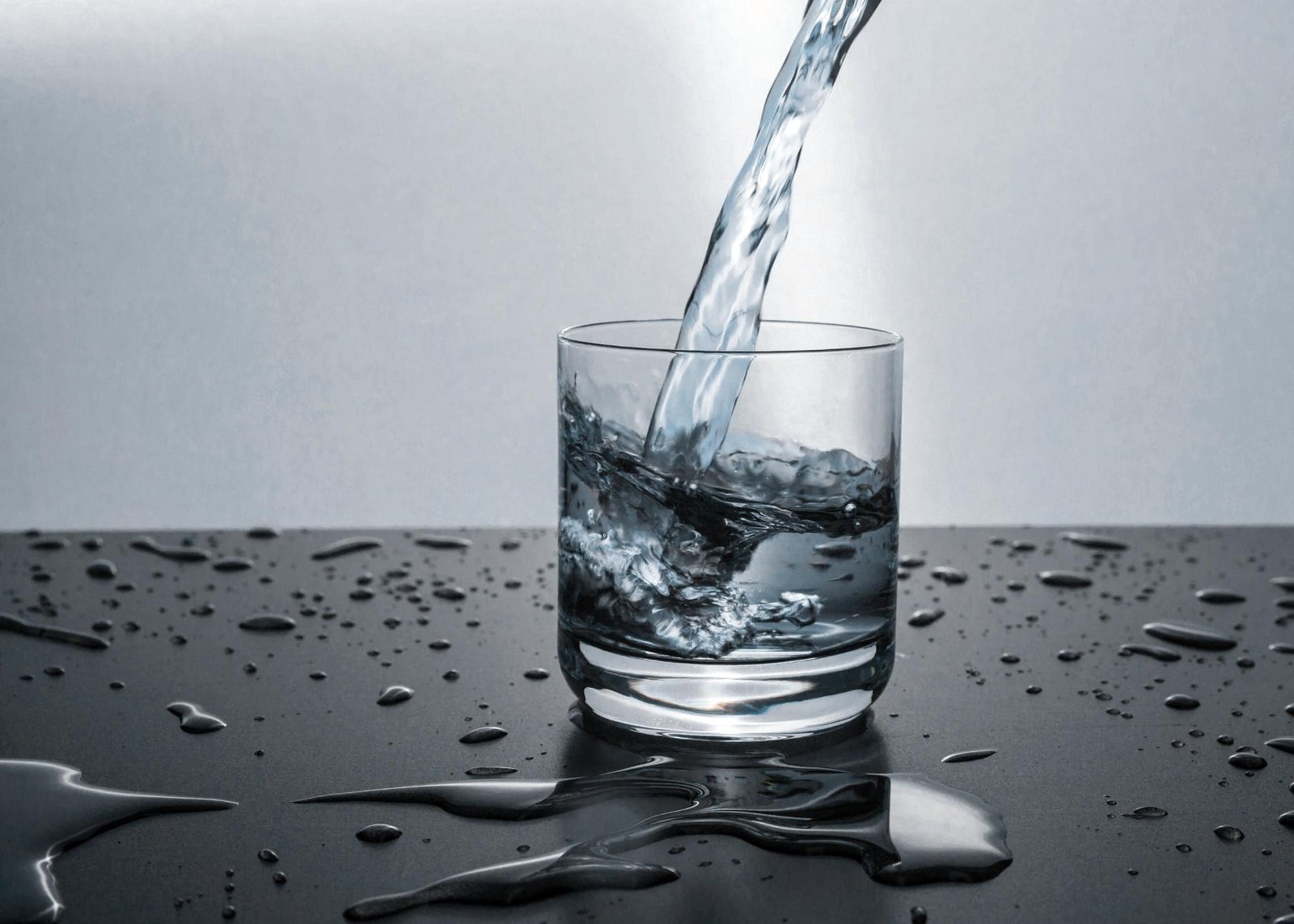
Water for the Office: Filters vs Bottles
Water is an essential part of our daily lives and it’s important to ensure that the water we drink is clean and safe. Two popular options for ensuring clean drinking water are water filters and water bottles. In this article, we will explore the pros and cons of each option.
Pros of Water Filters:
1.) Clean and Safe Drinking Water: Water filters remove impurities such as bacteria, lead, and chlorine, ensuring that the water we drink is clean and safe. This is especially important for individuals with compromised immune systems, children, and pregnant women.
2.) Cost-Effective: While the initial cost of purchasing a water filter may be high, it is a more cost-effective option in the long run. Bottled water can be expensive, especially for families who consume large amounts of water.
2.) Environmentally Friendly: Water filters are an environmentally friendly option as they reduce the amount of plastic waste produced from bottled water. They also conserve water by reducing the need for bottled water production.
2.) Easy Maintenance: Water filters require minimal maintenance. Cleaning the filter and replacing it periodically are the only requirements.
Cons of Water Filters:
1.) Initial Cost: The initial cost of purchasing a water filter can be high, making it less accessible to some individuals.
2.) Limited Portability: Water filters are not easily portable and are less convenient for outdoor activities or travel.
Pros of Water Bottles:
1.) Convenient: Water bottles are convenient and portable, making them easy to use while on the go. They can be taken to work, school, or during outdoor activities.
2.) Easily Accessible: Water bottles are readily available and can be found at most grocery stores and convenience stores.
3.) No Maintenance Required: Water bottles do not require any maintenance, making them a hassle-free option for clean drinking water.
Cons of Water Bottles:
1.) Expensive: The cost of purchasing water bottles can add up quickly for families or individuals who consume a lot of water.
2.) Plastic Waste: Water bottles contribute to the growing problem of plastic waste. Many plastic bottles are not recycled and end up in landfills or oceans.
3.) Uncertain Water Quality: Not all water bottles contain filtered water, so the quality of the water may be uncertain. This is especially true for water bottles that are filled with tap water.
In conclusion, while water bottles may be more convenient, water filters are the better option for clean and safe drinking water. Water filters provide a long-term cost-effective solution while being environmentally friendly. They also require minimal maintenance. On the other hand, water bottles are expensive, contribute to plastic waste, and may not provide a certain level of water quality. By investing in a water filter, businesses can ensure clean and safe drinking water for their employees, while also contributing to a more sustainable future.
Author

Cameron LaBarge
Senior Sales Representative | Saratoga Pure Water Systems
Cameron LaBarge, sales representative with Saratoga Pure Water Systems, is from South Glens Falls, NY, and is a passionate baseball coach and adventurer. With an associates degree in humanities and social sciences from Suny Adirondack, he excelled both academically and on the baseball field. When not coaching, Cameron enjoys hunting, fishing, hiking, traveling, and exploring diverse music genres.